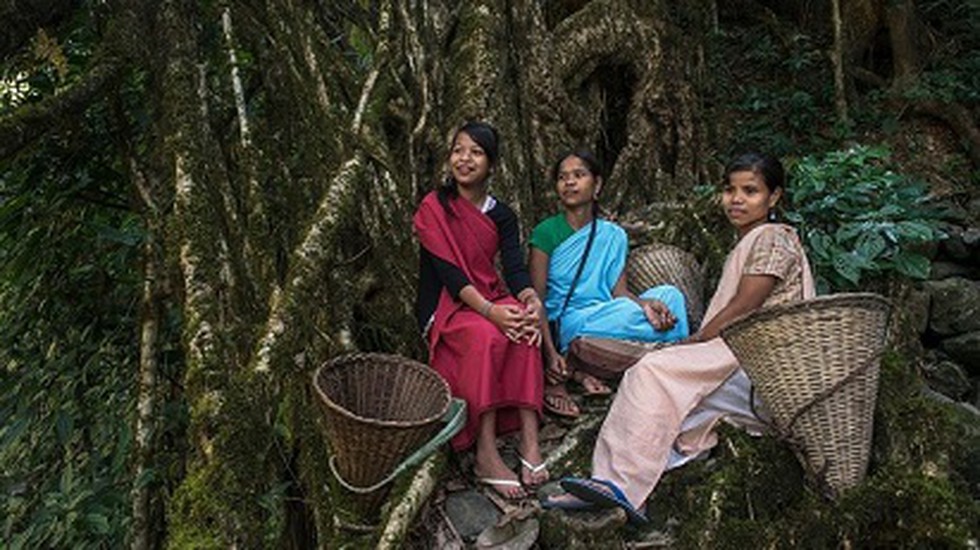What does matriliny in Meghalaya entail?
- The three tribes of Meghalaya — Khasis, Jaintias, and Garos — practise a matrilineal system of inheritance. In this system, lineage and descent are traced through the mother’s clan.
- In other words, children take the mother’s surname, the husband moves into his wife’s house, and the youngest daughter (khatduh) of the family is bequeathed the full share of the ancestral — or the clan’s — property.
- The khatduh becomes the “custodian” of the land, and assumes all responsibility associated with the land, including taking care of aged parents, unmarried or destitute siblings.
- Custom also dictates that the khatduh cannot sell the property, without permission of her mother’s brother (maternal uncle) — since he technically belongs to the mother’s clan, through which descent is traced.
